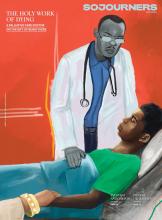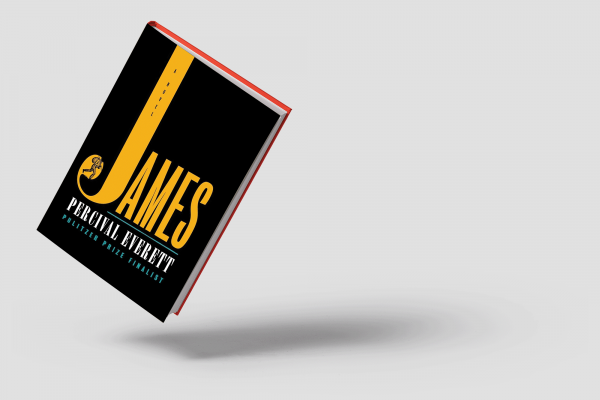PERCIVAL EVERETT’S NOVEL James is something of a spiritual successor and corrective companion to Mark Twain’s Adventures of Huckleberry Finn. When I learned that Everett, who is a fan of Twain’s work, was writing a novel from the perspective of Twain’s character, “N----- Jim,” I knew it’d be a must-read (note: Twain and Everett print the censored word in full). But I decided to read Adventures of Huckleberry Finn first, and while not necessary before reading James, I’m glad I did.
Everett’s novel is set during the time leading up to the Civil War. When James discovers that he’ll be sold and separated from his wife and daughter, he runs away; he eventually runs into Huckleberry Finn, who has faked his own death to escape his abusive father. James and Huck form an alliance and begin making their way down the Mississippi River. This is a perilous journey, both because of the precarity of the river and because of the thing that continues to haunt the United States: race. James is a slave, and so he is raced as Black; Huck, a pubescent prankster, is free and so he is raced as white. But these designations ultimately obscure the human connection between the two characters and their respective groups.
Read the Full Article

